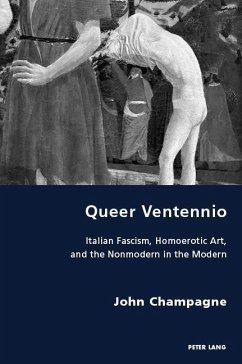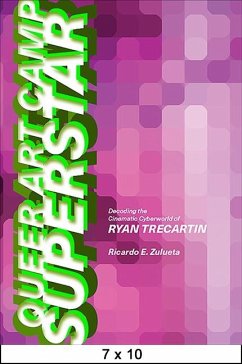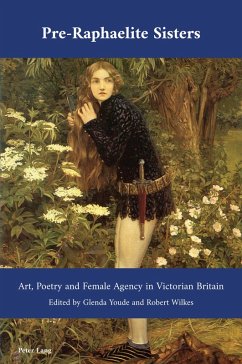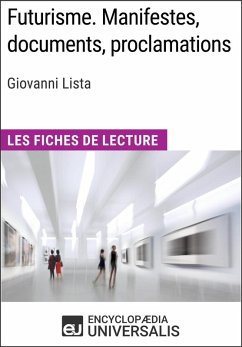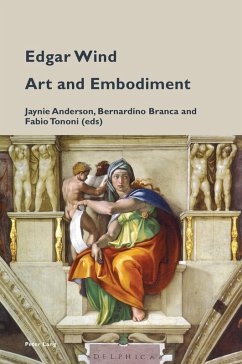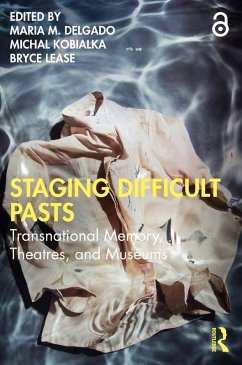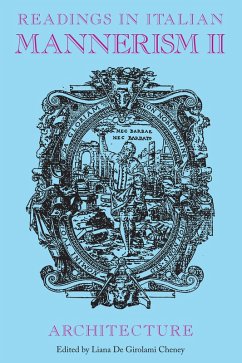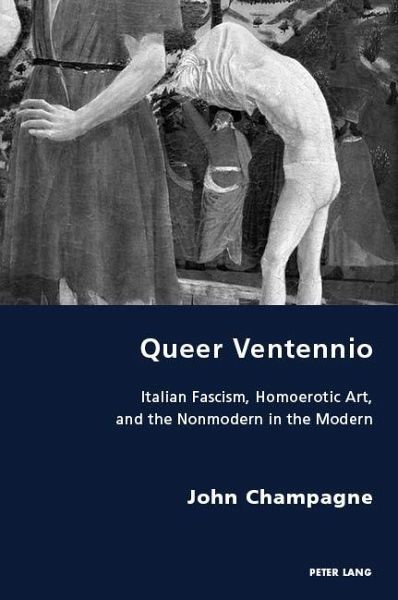
Queer Ventennio (eBook, ePUB)
Italian Fascism, Homoerotic Art, and the Nonmodern in the Modern
Versandkostenfrei!
Sofort per Download lieferbar
Statt: 64,00 €**
51,95 €
inkl. MwSt.
**Preis der gedruckten Ausgabe (Broschiertes Buch)
Alle Infos zum eBook verschenkenWeitere Ausgaben:

PAYBACK Punkte
26 °P sammeln!
Given fascist proscriptions against homosexuality, a surprising number of artists under Mussolini's regime were queer. Exploring the contribution of Italy to our understanding of both the history of homosexuality and European modernism, this ground-breaking study analyses three queer modernists - writer Giovanni Comisso, painter and writer Filippo de Pisis, and painter Corrado Cagli. None self-identified as fascists; none, however, were consistent critics of the regime. All understood their own sexuality via the idea of the primitive - a discourse fascism also employed in its efforts to secure...
Given fascist proscriptions against homosexuality, a surprising number of artists under Mussolini's regime were queer. Exploring the contribution of Italy to our understanding of both the history of homosexuality and European modernism, this ground-breaking study analyses three queer modernists - writer Giovanni Comisso, painter and writer Filippo de Pisis, and painter Corrado Cagli. None self-identified as fascists; none, however, were consistent critics of the regime. All understood their own sexuality via the idea of the primitive - a discourse fascism also employed in its efforts to secure consent for the dictatorship. What happens when we return to these men and their work minus the assumption that our most urgent task is identifying their fascist tendencies or political quietism? Variously infantilized, pathologized, marginalized, and stigmatized, treated as both cause and effect of fascism, queer ventennio artists are an easy target, not brave or selfless or savvy enough to see their common struggle with fascism's other victims. Revisiting their works and lives with an eye toward neither rehabilitation nor condemnation allows us to ponder more carefully the relationship between art and politics, how homophobia has structured art criticism, the need to further bring queer perspectives to Italian cultural analysis, and how such men disrupt our sense of modern homo/heterosexual definition.
Dieser Download kann aus rechtlichen Gründen nur mit Rechnungsadresse in A, D ausgeliefert werden.




